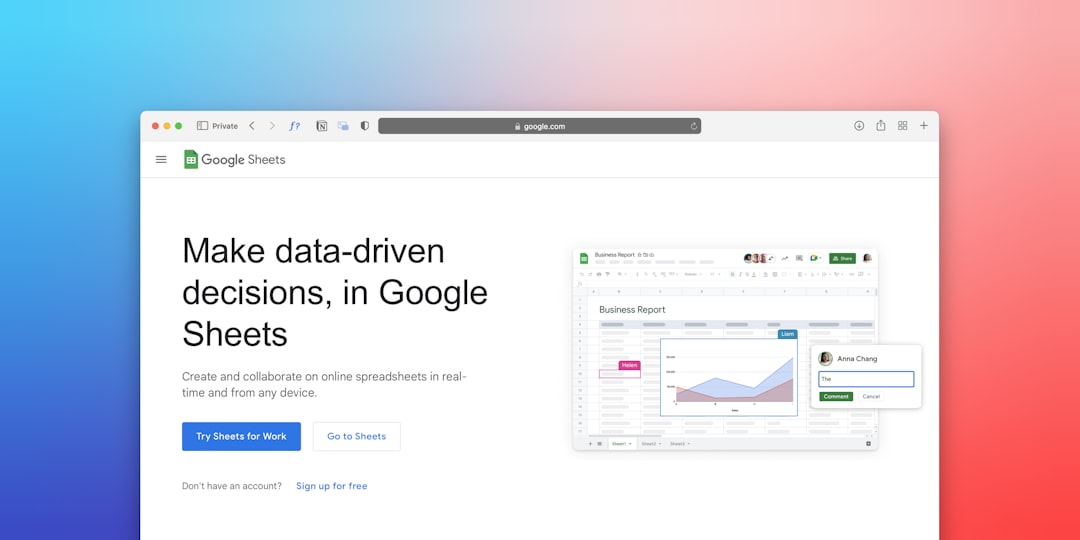The digital age has brought with it an overwhelming influx of data. While data is essential for organizations looking to grow, adapt, and compete, manually sifting through it to draw meaningful insights can be both time-consuming and prone to error. In response, companies are increasingly turning to AI report generators — advanced tools designed to automate data analysis and simplify the reporting process. These intelligent systems empower businesses to become more agile, efficient, and informed.
What is an AI Report Generator?
An AI report generator is a software powered by artificial intelligence and machine learning algorithms that can analyze raw data, extract key insights, and present them in a clear and structured report format. Unlike traditional tools that require manual input and formatting, AI report generators automate much of the process, from data crunching to natural language generation (NLG), turning complex datasets into readable, actionable reports.
How AI Report Generators Automate Data Analysis
Data analysis is the backbone of good decision-making, but it often requires specialized skills and a significant amount of time. AI report generators streamline this process in several ways:
- Data Ingestion and Integration: These tools can automatically connect with data sources like CRMs, ERP systems, spreadsheets, cloud platforms, and databases. This eliminates the need for manual data entry and ensures real-time accuracy.
- Pattern Recognition: Once data is ingested, AI algorithms analyze it to detect patterns, trends, outliers, and correlations that might not be obvious through manual review.
- Natural Language Processing (NLP): With NLP capabilities, AI report generators can explain findings in a human-readable format, making insights accessible even to non-technical users.
For example, in a finance department, an AI report generator can pull expense data, detect unusual spikes in costs, compare monthly trends, and deliver a complete financial report — all within minutes.

Benefits of Streamlining Reporting with AI
Traditional reporting methods often involve countless hours of labor, spreadsheet editing, and revision cycles. With AI-powered automation, reporting becomes significantly more efficient and effective:
- Time Savings: Automated reports can be generated in minutes, freeing up valuable staff time for strategic tasks instead of rote work.
- Error Reduction: Humans are prone to mistakes, especially when dealing with large volumes of data. AI ensures consistency and minimizes risks of misinterpretation or data entry errors.
- Improved Decision-Making: AI tools can generate predictive insights based on historical data, allowing companies to make forward-looking, data-backed decisions.
- Customization and Scalability: Reports can be tailored for stakeholders at various levels — from high-level executive summaries to granular departmental analyses — all from the same data stream.
For industries such as marketing, supply chain, healthcare, and finance, where data is constantly changing, AI-generated reports offer real-time insights that help keep organizations agile and responsive.
Use Cases Across Industries
The versatility of AI report generators means they can support a wide range of industry-specific applications:
- Healthcare: AI tools can analyze patient outcomes, detect treatment effectiveness trends, and generate compliance or operational efficiency reports for hospital management.
- Retail: Businesses can use AI to analyze consumer behavior, inventory levels, and sales trends, then auto-generate performance reports for in-store and online operations.
- Finance: Investment firms can instantly create portfolio performance summaries, risk assessments, or market trend projections based on real-time financial data.
- Education: Schools and universities can track student performance, resource utilization, and administrative efficiency, with AI converting that data into structured internal reports.

Key Features to Look For in an AI Report Generator
While many tools claim to offer AI-driven reporting, the best solutions tend to offer comprehensive features that address a range of business needs:
- Data Source Compatibility: Support for wide-ranging data formats and sources, including cloud databases, APIs, and traditional file uploads.
- Customization Options: Ability to tailor templates, metrics, and visualizations to suit specific reporting goals.
- Real-Time Reporting: Reports that update automatically as data changes, providing up-to-date information at all times.
- Security and Compliance: Built-in encryption, role-based access, and compliance with industry standards like GDPR or HIPAA.
- Collaboration Tools: Integration with team collaboration platforms for easy sharing, commenting, and versioning.
Choosing the right AI report generator can transform reporting from a bottleneck into a value-generating asset.
Challenges and Considerations
Despite numerous advantages, implementing AI report generation also involves certain challenges:
- Initial Setup: Time and effort are required to connect data sources, define KPIs, and configure reporting rules.
- Data Quality: AI models rely heavily on the quality of input data. Inaccurate or incomplete information will yield poor insights.
- Over-Reliance on Automation: While automation is efficient, human oversight remains crucial to interpret context and validate critical insights.
Addressing these concerns with a balanced approach can help maximize the return on investment and ensure sustainable long-term use.

The Future of Reporting with AI
As AI technology continues to evolve, the possibilities for automated reporting will only expand. Advancements in machine learning, NLP, and predictive analytics promise even more intuitive and dynamic reporting features. Self-service BI solutions with conversational AI could allow users to simply ask questions like, “What were the top factors impacting sales last quarter?” and receive instant, detailed answers.
Moreover, AI report generators are increasingly being integrated into broader enterprise systems, including CRM, ERP, and project management platforms, offering end-to-end automation that bridges raw data with strategic actions.
FAQ: AI Report Generators
-
Q: What types of businesses benefit most from AI report generators?
A: Virtually any business that deals with large data volumes can benefit—from startups tracking growth metrics to enterprises managing complex operations. Key industries include finance, healthcare, retail, logistics, and education. -
Q: Do AI report generators require coding knowledge?
A: Not necessarily. Many modern platforms are designed for non-technical users with drag-and-drop interfaces, natural language query support, and customizable templates. -
Q: Are AI-generated reports accurate?
A: Accuracy depends on the quality of data and the algorithms used. When integrated properly and fed with clean, relevant data, AI reports can be highly reliable and often more consistent than manual reports. -
Q: What is the cost of implementing an AI report generator?
A: Costs vary based on features, infrastructure, and usage scale. Options range from affordable SaaS subscriptions to custom enterprise-level solutions. -
Q: Can AI replace human analysts?
A: AI enhances rather than replaces analysts. It performs repetitive and time-consuming tasks, allowing human professionals to focus on strategy, creativity, and critical thinking.
Automating data analysis and reporting with AI isn’t just a trend—it’s a business transformation. By adopting AI report generators, organizations can improve agility, boost productivity, and ensure smarter, faster decision-making processes.





